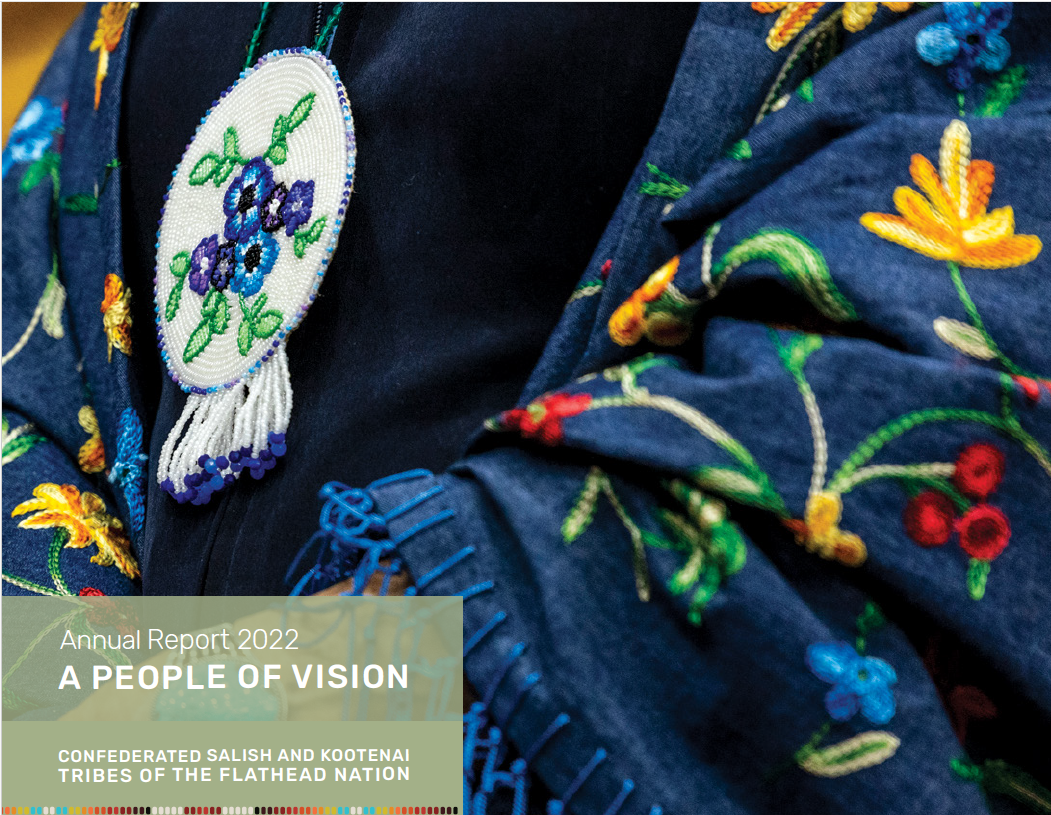
ICYMI: New York Times: Broken Mining Policies in Canada are Damaging U.S. Tribal and State Waters, Failing to Act Will Have Dire Consequences
“Legal Director of the Environmental Law Center at the University of Victoria [...] accused the governments of British Columbia and Canada of deliberately failing to regulate Teck”
Confederated Salish and Kootenai Tribes Chairman Tom McDonald, Kootenai Tribe of Idaho Vice Chairman Gary Aitken, Jr., and other experts are available for interviews on this topic
As the U.S. and Canada continue to negotiate how to address decades of pollution to the Tribal, U.S., and state waters caused by Canadian mining powerhouse Teck, it’s imperative that this problem be referred to the International Joint Commission.
In an interview with the New York Times, experts highlight how pollution by Teck has led to concerning levels of selenium in fish and other species. Erin Sexton, a senior scientist at the University of Montana’s Flathead Lake Biological Station, states, “It’s a really nasty contaminant because it causes deformities in reproductive organs. They call it an invisible contaminant because they fail to thrive. You don’t find eggs that don’t hatch.”
Both Tribal and U.S. officials agree that mine-related contaminants leaching from Teck’s Canadian mines into Tribal, U.S., and state waters violates the 1909 Boundary Waters Treaty and should be referred to the International Joint Commission. The Commission was created over a hundred years ago to address transboundary water issues exactly like this one, yet Canada has long resisted this obvious step towards a solution.
While the U.S. argues that it wants “the international body to take the matter up soon,” Canada remains resistant to the International Joint Commission. Meanwhile, contamination from Teck – a powerhouse mining corporation – continues to flow into Tribal, U.S., and state waters.
The Confederated Salish and Kootenai Tribes and the Kootenai Tribe of Idaho will continue to call on Canada and the U.S. to announce a joint reference to the IJC to address the violation of the Boundary Waters Treaty head on. Now more than ever, Canada and the U.S. have an obligation to follow through on their promises. Failing to take proper action will have dire consequences.
New York Times: Tracing Mining’s Threat to U.S. Waters


















